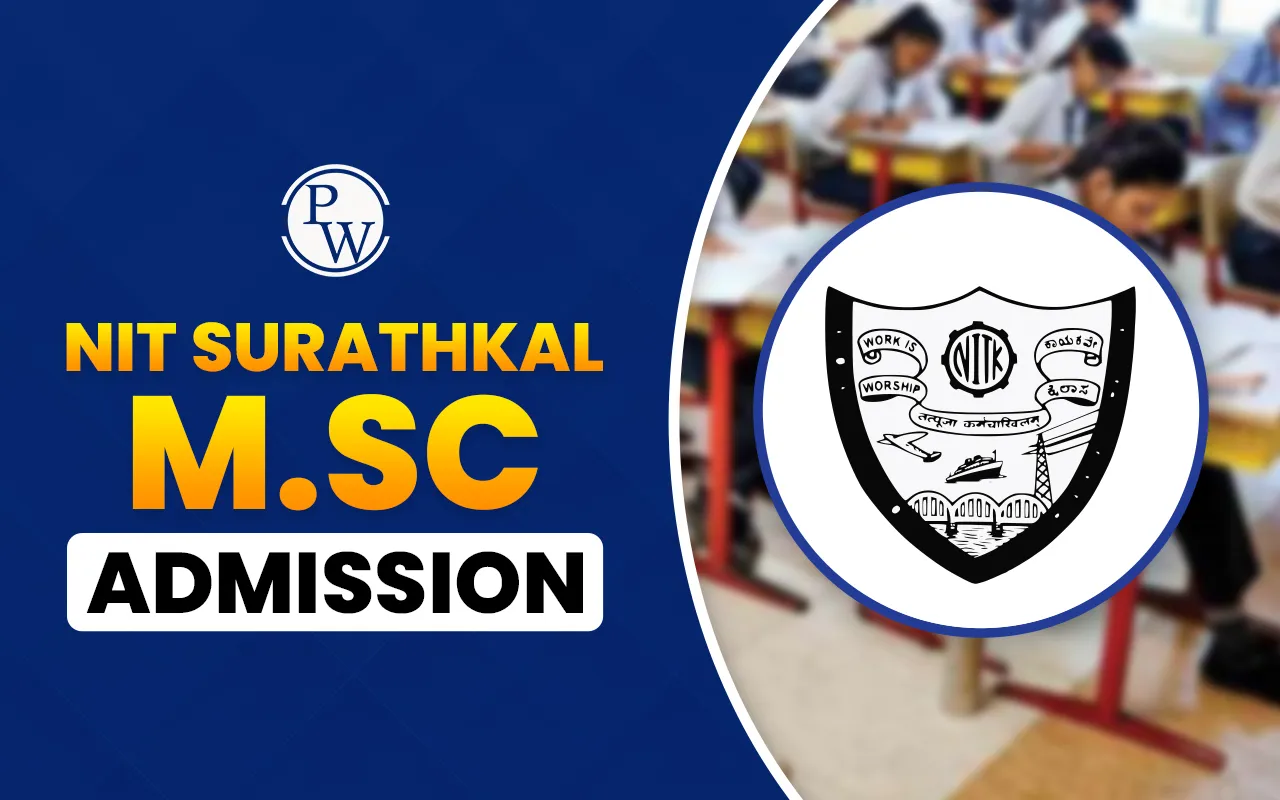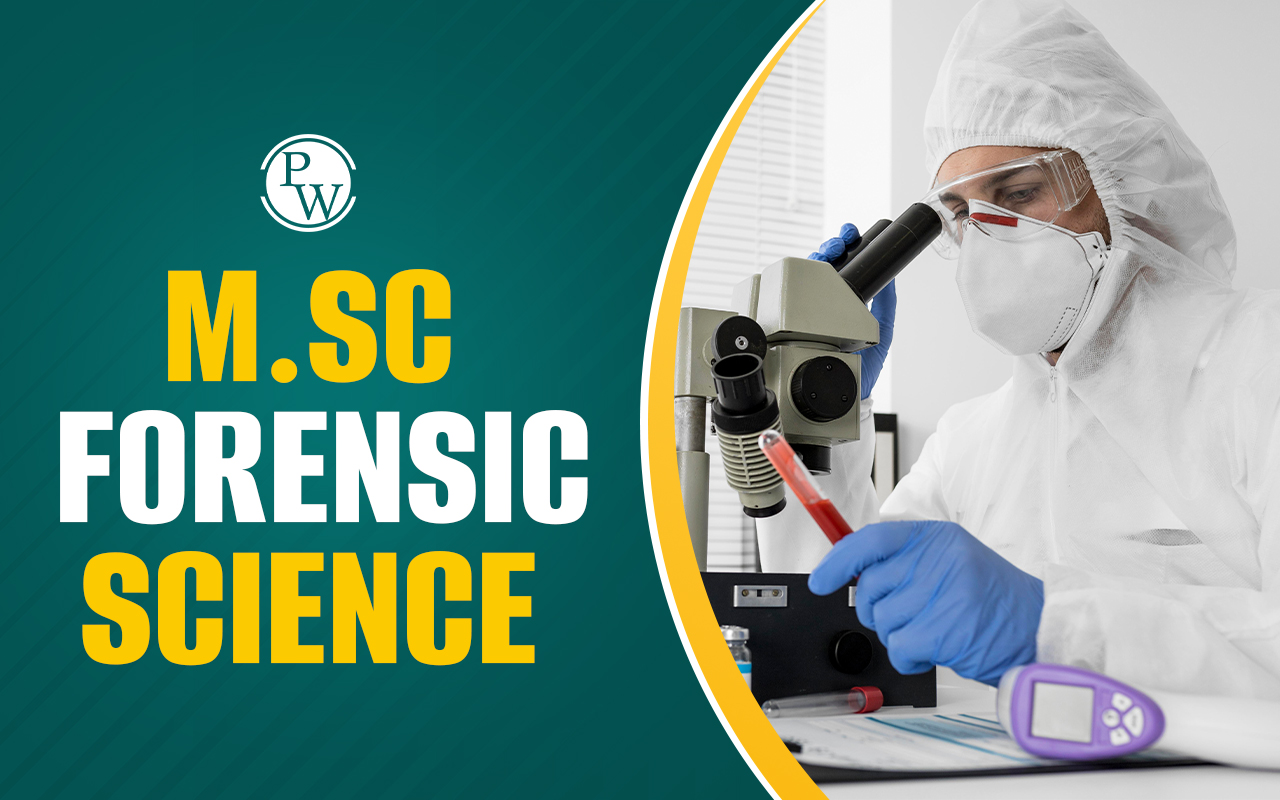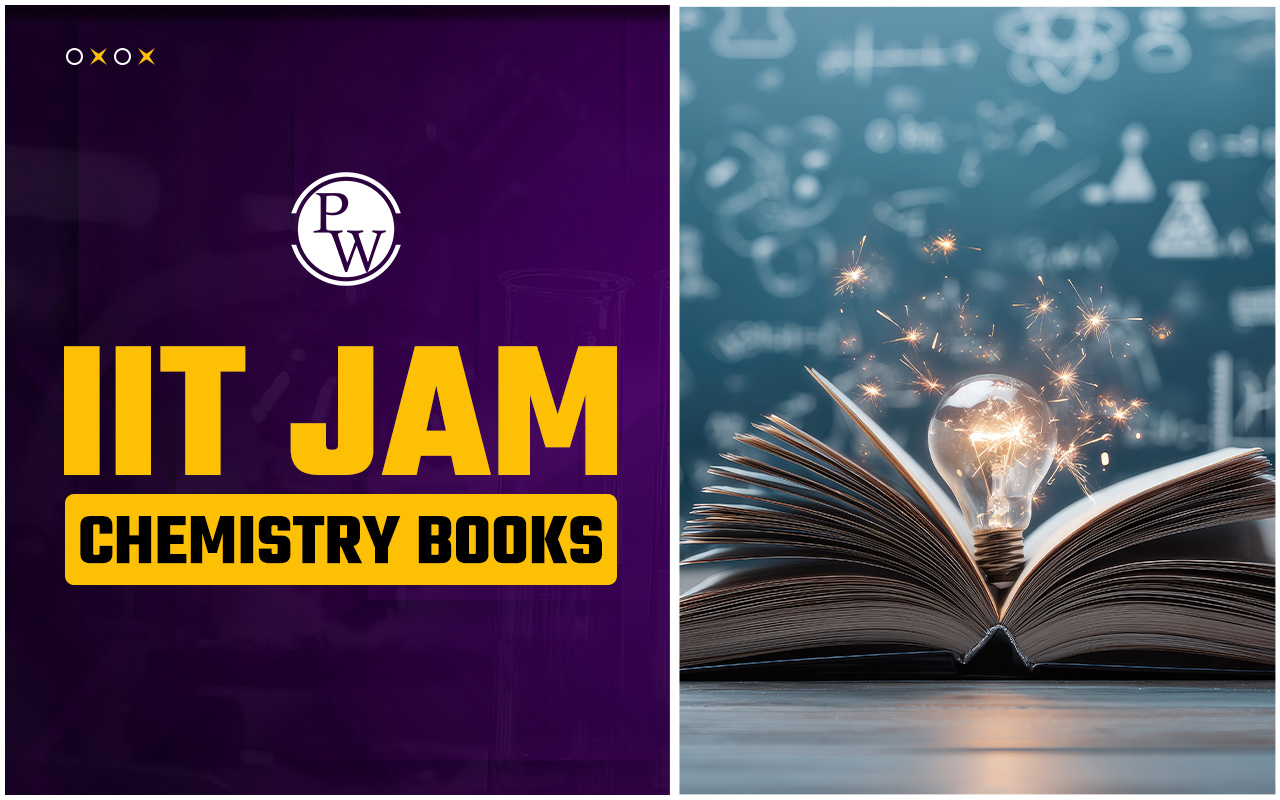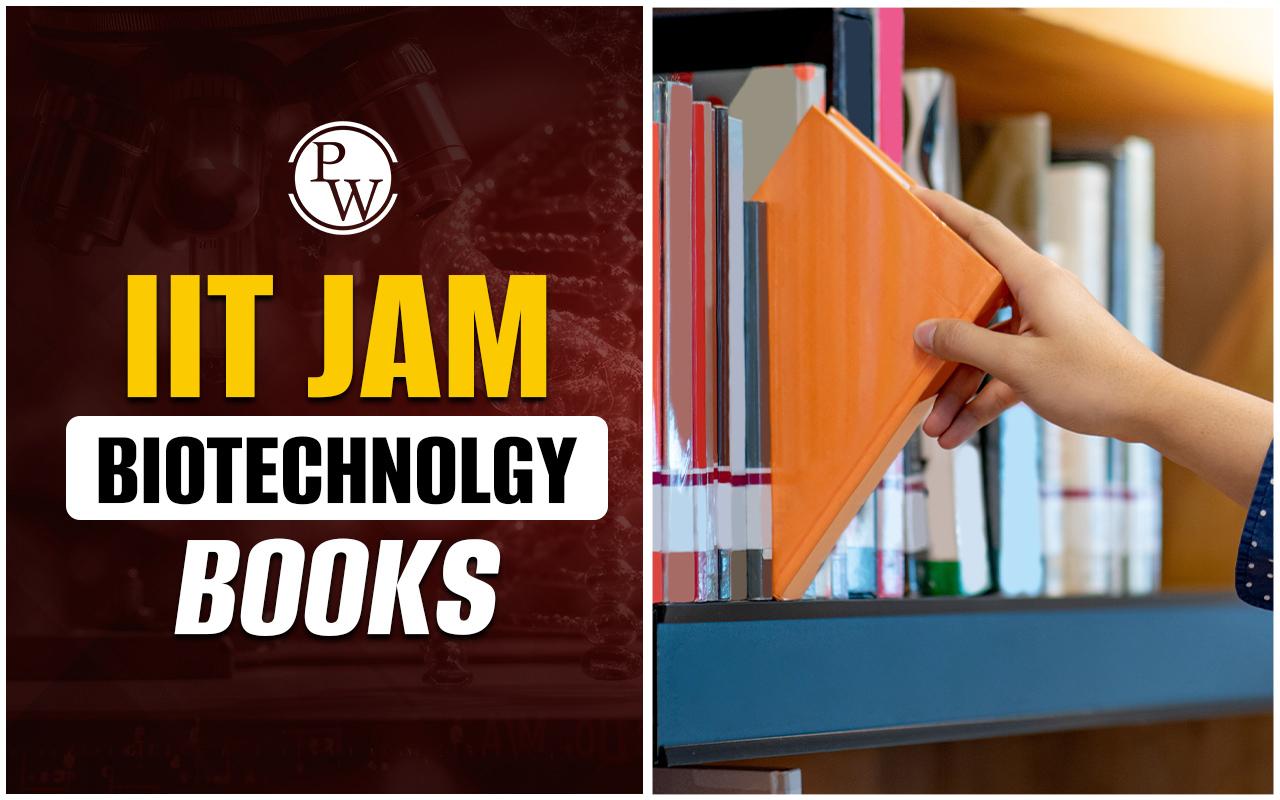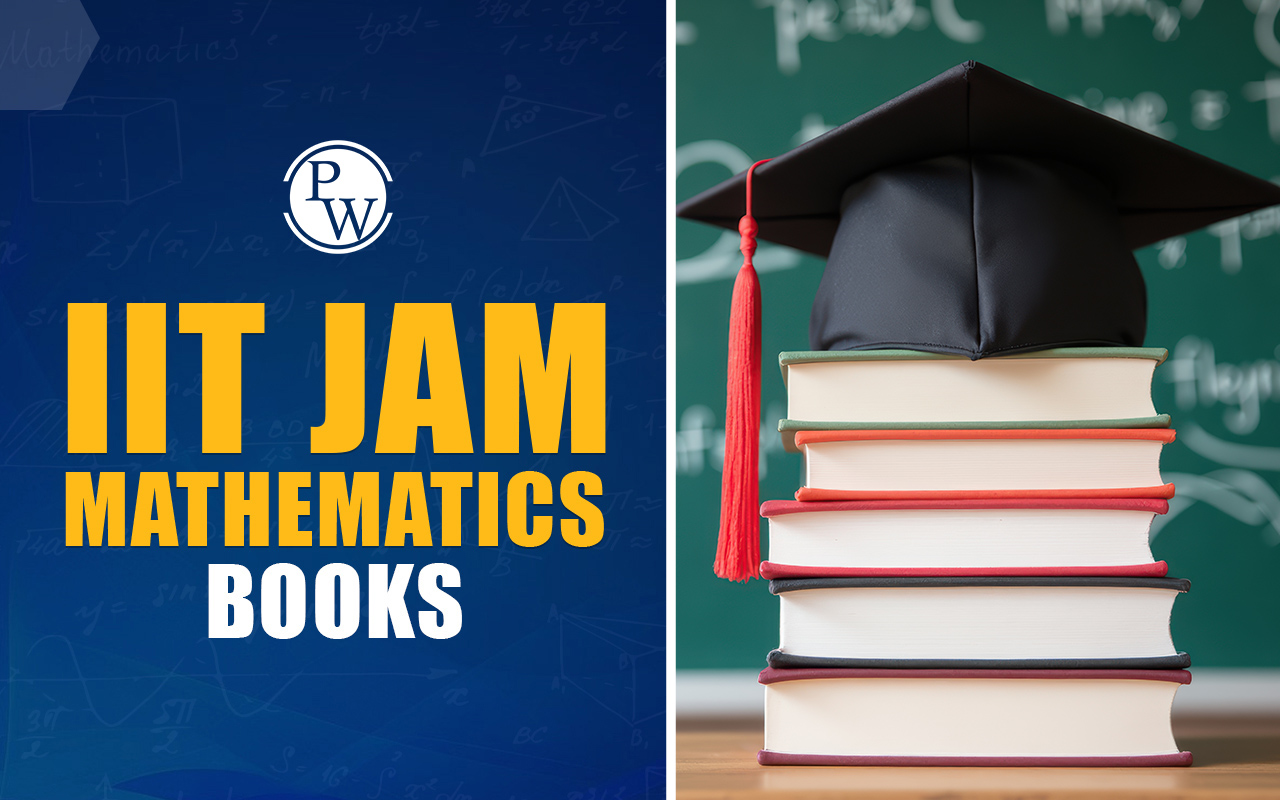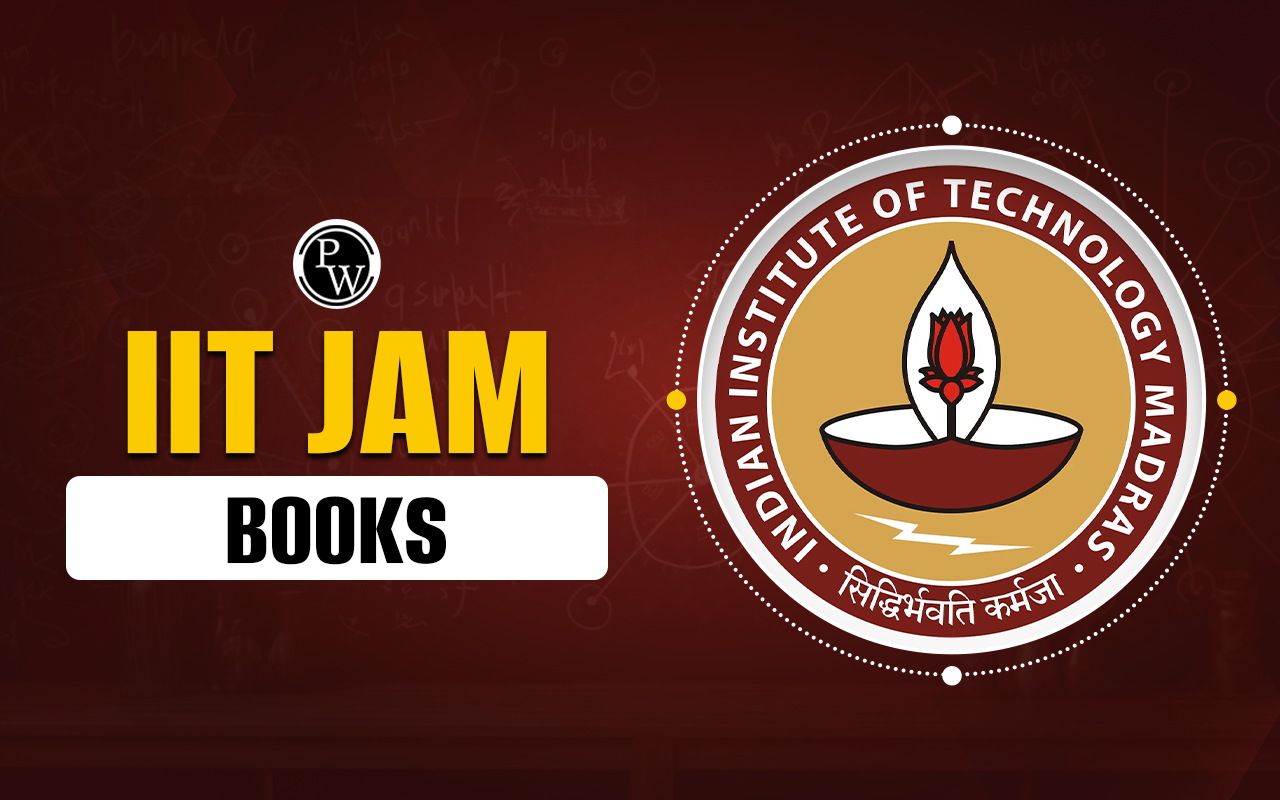
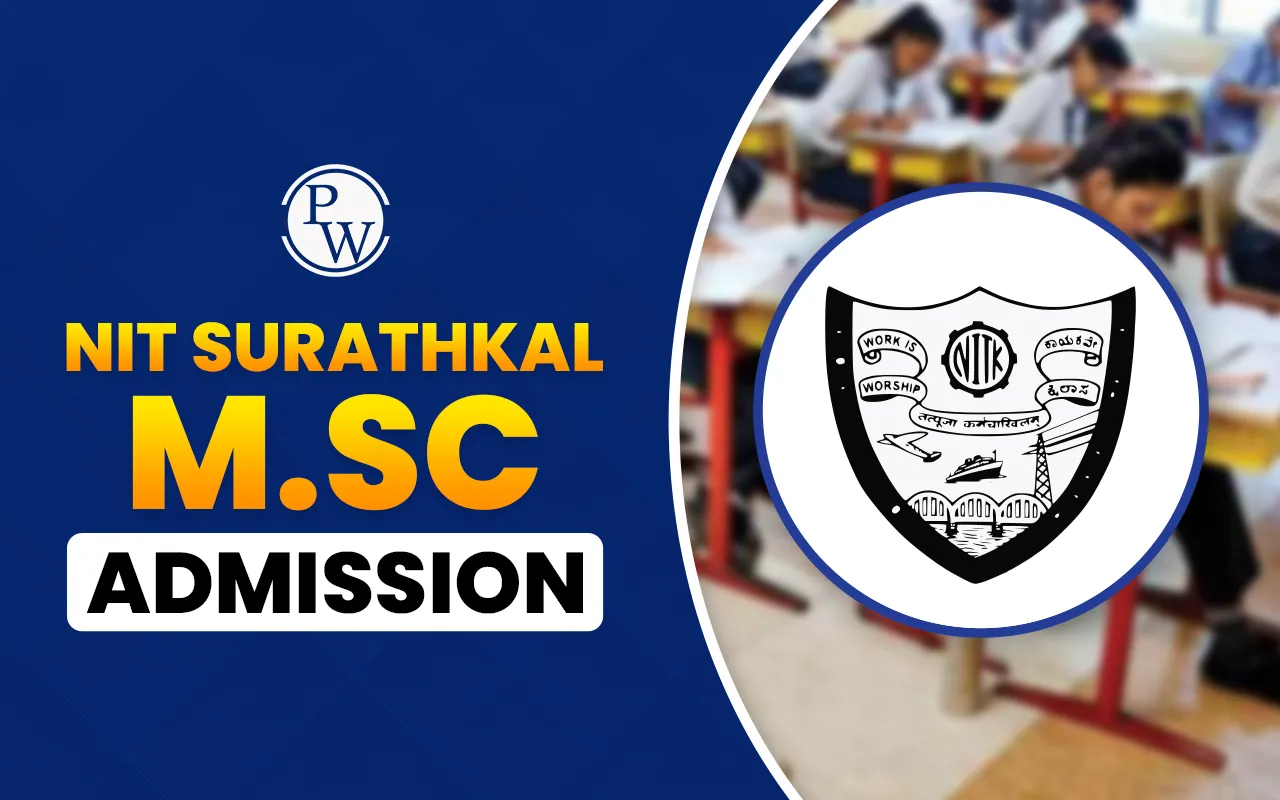
NIT Surathkal MSc Admission is one of the popular postgraduate entry routes in science education across India. MSc programmes in Physics and Chemistry at NIT Surathkal are designed to combine theoretical grounding with laboratory-based skills. It can help candidates prepare for research, industry, and teaching roles. Here, the two-year postgraduate programmes are conducted under the Centralised Counselling for MSc Admissions (CCMN) based on IIT JAM scores.
NIT Surathkal MSc Admission Overview
The MSc admissions at NITK Surathkal are carried out through the IIT JAM examination followed by CCMN counselling. Candidates must fulfil eligibility conditions in terms of academic qualifications and score requirements. Furthermore, candidates with specified cut-off marks in the IIT JAM exam will be eligible for admission at NITK.
Further, candidates can go through the following table to learn about NIT Surathkal MSc admission in detail:
| NIT Surathkal MSc Admission Overview | |
|---|---|
| Particulars | Details |
| Institute Name | National Institute of Technology Karnataka (NITK), Surathkal |
| Courses Offered | MSc in Physics, MSc in Chemistry |
| Duration | 2 years |
| Admission Mode | IIT JAM and CCMN Counselling |
| Eligibility | BSc in relevant subject with 60% marks / CGPA 6.5 (55% or CGPA 6.0 for reserved categories) |
| Seat Intake | Subject to annual notification |
| Average Fees | ₹25,000 to ₹30,000 per semester (approximate) |
Note: Students are advised to verify the exact fee and seat matrix from the official admission notification, as data related to MSc admission at NIT Surathkal may change annually.
NIT Surathkal MSc Important Dates
NIT Surathkal MSc admission process begins after the IIT JAM results are announced. Further, candidates can find details about the important events and dates related to MSc admission on the official website of NITK. Here is the tentative schedule for admission to MSc courses at NIT Surathkal:
| NIT Surathkal MSc Important Dates for Admission (Tentative Timeline) | |
|---|---|
| Event | Timeline |
| IIT JAM Registration | September – October |
| IIT JAM Admit Card Release | January |
| IIT JAM Exam | February |
| CCMN Registration | May |
| CCMN First Round Seat Allotment | June |
| CCMN Second Round Seat Allotment | July |
| CCMN Third Round Seat Allotment | July |
| Physical Reporting at NIT Surathkal | August |
NIT Surathkal MSc Eligibility Criteria
The eligibility for NIT Surathkal MSc admission is determined on the basis of both academic qualifications and category-based relaxations. Students must hold a valid bachelor’s degree in the relevant subject.
Candidates applying for MSc Chemistry must have studied Chemistry at the undergraduate level, while those applying for MSc Physics should have Physics as one of the core subjects. The minimum requirement is 60% aggregate marks or a 6.5 CGPA on a 10-point scale. Moreover, candidates interested in getting admission here should take care of the NIT Surathkal MSc reserved category eligibility. It must be noted that reserved category students (SC, ST, PwD) are eligible with a 55% aggregate or a CGPA of 6.0.
In addition, aspirants must qualify in the IIT JAM examination for the respective subject to be considered for counselling under CCMN. The eligibility rules for admission at NITK are clearly specified in the CCMN brochure, and students should carefully review them before applying.
NIT Surathkal MSc Application Process
The MSc application process at NIT Surathkal follows a standard procedure through IIT JAM and CCMN. Students are required to first appear for the IIT JAM. After the results are declared, qualified candidates should register for CCMN counselling if they want admission there.
The NIT Surathkal MSc Application Process involves several steps. First, candidates must appear in the IIT JAM examination for their chosen subject. Once results are published, aspirants should register themselves on the CCMN portal using their JAM credentials.
During this stage, students should input their subject preferences, and NITK Surathkal can be selected for the desired MSc course this way. Based on JAM rank, preferences, and seat availability, the counselling authority announces seat allotments. Those students who are allotted a seat are required to confirm their admission by paying the required fee and completing document verification.
Note: Applications are not accepted directly by NIT Surathkal. The entire admission process is centralised under CCMN.
NIT Surathkal MSc Seat Intake
NITK offers a limited number of seats in its MSc Physics and Chemistry programmes. The seat intake at NIT Surathkal varies every year as per institutional guidelines and reservation norms. Further, candidates can expect the seat intake of students for admission at NITK from the given table:
| NIT Surathkal MSc Seat Intake (Expected) | ||
|---|---|---|
| Category | M.Sc. Chemistry | M.Sc. Physics |
| UR (Open) | 12 | 12 |
| EWS | 1 | 1 |
| OBC-NCL | 9 | 8 |
| SC | 5 | 5 |
| ST | 3 | 2 |
| PwD | 0 | 0 |
| Total Seats | 33 | 33 |
Note: Candidates must note that category-wise distribution for seat intake at NITK is strictly followed under central reservation rules, with horizontal reservation for PwD candidates. Also, the given data is indicative in nature. Interested candidates are required to check the official NITK website to learn about the current updates related to seat intake.
NIT Surathkal MSc Entrance Exam
Admission to MSc programmes at NIT Surathkal is granted only to those who have qualified for the IIT JAM. Thus, candidates must secure a valid score in the respective subject paper. The IIT JAM exam is three hours long, with multiple-choice, multiple-select, and numerical-answer type questions. IIT JAM tests candidates’ subject knowledge and analytical ability. Further, students should check the official JAM brochure to learn about the exam syllabus and weightage. Also, previous cut-offs for NITK Surathkal indicate that competitive ranks are required, especially for General category aspirants.
NIT Surathkal MSc Course Structure
The MSc courses at NIT Surathkal are spread across four semesters. The course structure for PG programmes at NIT Surathkal balances classroom instruction, laboratory sessions, seminars, and project work. Here, students are encouraged to pursue minor research projects in the final semester, which enhances their employability and readiness for higher research degrees. Both Physics and Chemistry streams include compulsory core papers and elective subjects. In addition, computational and experimental modules are integrated to prepare candidates for interdisciplinary research.
NIT Surathkal MSc Courses and Syllabus
The MSc programmes taught at NITK are academically intensive and cover a wide range of topics. Here is the NIT MSc course syllabus for Chemistry and Physics trades:
MSc Chemistry: Students study Inorganic Chemistry, Organic Chemistry, Physical Chemistry, and Analytical Chemistry in depth. Laboratory experiments and electives such as Material Chemistry or Environmental Chemistry provide applied knowledge.
MSc Physics: The programme covers Classical Mechanics, Quantum Mechanics, Statistical Mechanics, Solid State Physics, and Electronics. Electives such as Photonics, Nanoscience, or Condensed Matter Physics add flexibility to learning.
NIT Surathkal MSc Cut Off
Admission cut-offs vary annually depending on JAM difficulty level, number of applicants, and category reservations. Typically, NIT Surathkal maintains a competitive range for both Chemistry and Physics. Candidates can expect similar IIT JAM cut-off ranges for admission at NITK:
| NIT Surathkal MSc Cut Off (Expected) | |||||
|---|---|---|---|---|---|
| Year | Subject | General Category Closing Rank | OBC Closing Rank | SC Closing Rank | ST Closing Rank |
| 2024 | Physics | 1400 (approx.) | 2500 | 4500 | 6000 |
| 2024 | Chemistry | 1600 (approx.) | 2700 | 4600 | 6100 |
Note: These ranks are indicative in nature. Students should follow the official CCMN cut-off lists for exact figures.
NIT Surathkal MSc Fees
The fee structure for MSc courses at NIT Surathkal is moderate compared with other premier institutes. At NITK, tuition fee is supported by semester-wise charges for academics, library, computer facilities, and laboratory use. Here are the approximate details of the MSc fees at this institution:
| NIT Surathkal MSc Fees Structure | |
|---|---|
| Particulars | Fee (Approx.) |
| Tuition Fee per Semester | ₹7,500–₹10,000 |
| Other Academic Charges | ₹10,000–₹12,000 |
| Hostel and Mess Charges | ₹15,000–₹20,000 |
| Total (per semester) | ₹25,000–₹30,000 |
Note: Fee concessions are available for reserved categories and economically weaker students as per institutional rules.
NIT Surathkal MSc Scholarships
NIT Surathkal MSc Scholarships can help candidates to feel less burden to pay fees for getting higher education. At NITK, students admitted to MSc programmes may be eligible for scholarships. Options include institute scholarships, merit-cum-means scholarships, and fellowships offered by state or central governments. In addition, reserved category students may receive fee concessions or stipends as per government norms. Candidates are encouraged to regularly check the NITK website and National Scholarship Portal for updates on available schemes.
NIT Surathkal MSc Hostel Facilities
NITK Surathkal offers extensive hostel accommodation for postgraduate students. Hostels are equipped with internet, common rooms, reading areas, and mess facilities. Separate arrangements exist for male and female students. Living on campus provides students with an immersive academic experience, easy access to the library and laboratories, and opportunities for peer learning and extracurricular activities. Hostel life at NITK is often highlighted by alumni as an enriching part of their postgraduate journey.
NIT Surathkal MSc Placements
Placement opportunities for MSc graduates at NIT Surathkal are diverse. The institute’s Career Development Centre facilitates recruitment by companies in sectors such as IT, research, analytics, and core sciences. Top recruiters have included multinational corporations, consulting firms, and research organisations. MSc graduates also pursue doctoral studies at IITs, IISc, and international universities. On average, students secure respectable packages, with some opting for research fellowships instead of immediate employment.
Career Scope After MSc from NIT Surathkal
The MSc qualification from NIT Surathkal opens pathways into higher research, teaching, and industry. Many graduates pursue PhD programmes in India or abroad. Others find roles in public sector undertakings, laboratories, and private companies dealing with pharmaceuticals, materials, electronics, or environmental solutions. Teaching positions in universities and colleges remain an attractive career option, especially after clearing NET or SET examinations. Data science, computational physics, and applied chemistry also present emerging career avenues.
